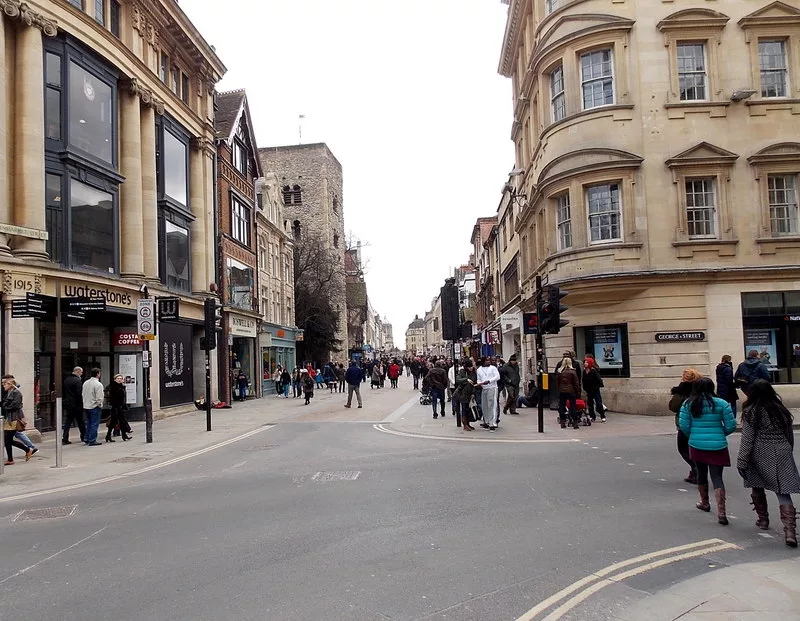Oxford City Council is relaunching its Somewhere Safe to Stay service, which provides short-term accommodation for people experiencing – or at risk of experiencing – rough sleeping. It aims to provide shelter for people while their needs are assessed to link them with the support they need.
Three organisations will cooperate to set up the new Somewhere Safe to Stay service; Homeless Oxfordshire, St Mungo’s and Connection Support. From April, the central assessment hub provided by St Mungo’s will be relocated from Floyds Row to Homeless Oxfordshire’s O’Hanlon House. Homeless Oxfordshire will provide eight new rooms in the city centre with 24-hour staffing for those with “high support needs.” Another 15 rooms will be provided in shared housing around Oxford for those who need less support. For them, help will be provided by St Mungo’s and Connection Support.
The Department of Levelling Up, Housing and Communities (DLUHC) is aiding the scheme and is contributing £59,000 to improve infrastructure at O’Hanlon House. The closure of the Floyds Row homeless shelter in April, which Somewhere Safe to Stay is replacing, will allow savings of £394,000 a year for the council.
Councillor Linda Smith has said: “Our approach to helping people experiencing rough sleeping off the streets has not changed. Somewhere Safe to Stay will continue to offer intensive support and a roof over people’s heads while we move them into more stable housing as quickly as possible. Nobody should have to sleep rough in Oxfordshire.”
In 2022, according to the Kerslake Commission, 27 people were experiencing rough sleeping in Oxford, up by 13% from 2021. According to the Gatehouse charity, the county regularly comes up as one of the top five areas in the UK for the number of rough sleepers as a proportion of the local population. Moreover, around half a dozen homeless individuals die on the streets every winter in Oxford.
Floyds Row is being closed as DLUHC no longer funds homeless projects with shared sleeping spaces. Floyds Row had opened in January 2020 and could initially deploy up to 56 beds – more than twice as many as the new project. During the pandemic, shared sleeping spaces made it impossible for people to practise social distancing. To prevent disruption to services if a similar event occurred, the DLUHC only supports self-contained accommodation.


